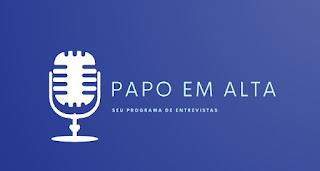Are All Employees Knowledge Workers?
Excelente artigo publicado na Harvard Business Review - algo que sempre defendo nas minhas aulas.
Are All Employees Knowledge Workers?
We live in a world of haves and have nots. No, not the kind you might imagine. These people reside within our companies. We increasingly group the people in our firms into two classes: those who have knowledge and talent and, by implication, those who do not. This segmentation is misleading and damaging to firms in the long run.
Ask executives to identify the talent within their firm and many will focus on the top tiers of management. Often, they will include in this august group the "high potentials" being groomed for leadership roles. Sometimes, they will extend the boundaries to include "creative talent" or "knowledge workers". But then there is the rest of the workforce.
When talking about talent, many executives focus on what Richard Florida calls the "creative class": engineers, scientists, architects, educators, researchers, coders, artists and, more broadly, knowledge workers. Richard's pioneering work has gone a long way towards helping us understand the differing roles workers inhabit and how they contribute to economic growth and the evolution of culture. But his focus on the creative class unintentionally diminishes the potential contributions from other parts of the workforce. (continua)
Are All Employees Knowledge Workers?
We live in a world of haves and have nots. No, not the kind you might imagine. These people reside within our companies. We increasingly group the people in our firms into two classes: those who have knowledge and talent and, by implication, those who do not. This segmentation is misleading and damaging to firms in the long run.
Ask executives to identify the talent within their firm and many will focus on the top tiers of management. Often, they will include in this august group the "high potentials" being groomed for leadership roles. Sometimes, they will extend the boundaries to include "creative talent" or "knowledge workers". But then there is the rest of the workforce.
When talking about talent, many executives focus on what Richard Florida calls the "creative class": engineers, scientists, architects, educators, researchers, coders, artists and, more broadly, knowledge workers. Richard's pioneering work has gone a long way towards helping us understand the differing roles workers inhabit and how they contribute to economic growth and the evolution of culture. But his focus on the creative class unintentionally diminishes the potential contributions from other parts of the workforce. (continua)

Comentários